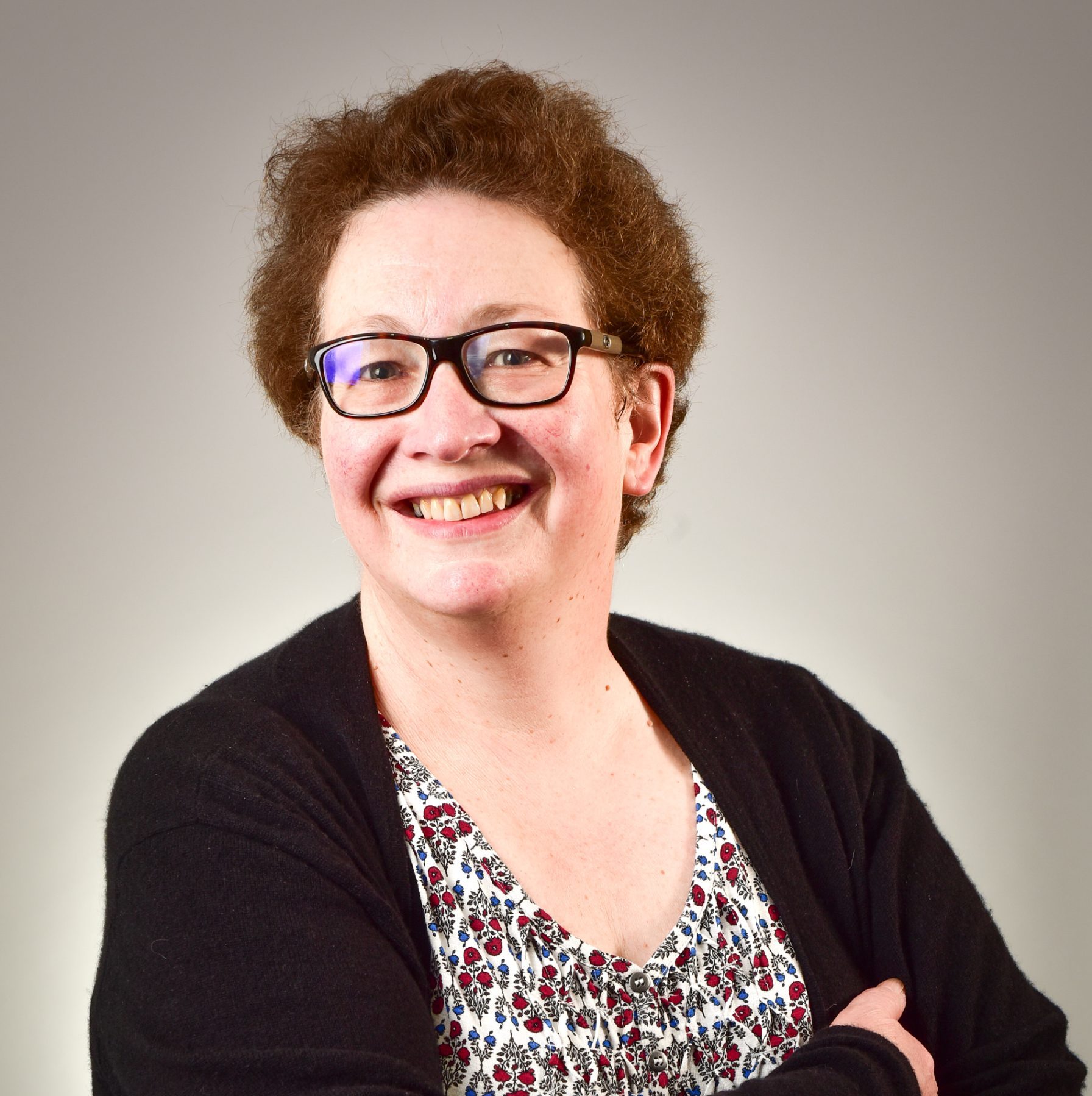
Daphne Franks is a vital cog in the Peel Roleplay machine; Simulated Patients (SPs) working with us will likely have met Daphne many times at exams she has coordinated, at standardisation workshops she has presented at- maybe even working alongside her as an SP!
Hi Daphne! What do you think the advantages are of using Simulated Patients over real patients when teaching communication skills within medical education?
It’s really important for all healthcare professionals -whether they are students or whether they are qualified- to have a safe environment in which to learn. They are often really concerned that they will upset patients by saying something tactless or badly worded. So for teaching sessions, the tutor can explain that the learners will be working with people who are trained to play the role of patients. The scenario will seem very real- learners are often astonished by how real it seems- but it’s not actually real and the Simulated Patient will not be distressed by anything the learner says. This helps learners to practice such sensitive techniques as breaking bad news and to try different approaches without worrying about doing it “wrong”. Experienced Simulated Patients are able to adjust the level of challenge given in a scenario to the learner’s capabilities and learning needs.
Simulated Patients can also give constructive and detailed feedback afterwards which is a powerful aid to students’ learning.
Examinations need to be standardised so that each candidate is given the same opportunity, even though there may be a number of Simulated Patients playing the same role. Trained Simulated Patients are excellent at providing this standardisation so that the examination is fair for everyone.
How did you first get involved with Simulated Patient work?
I was an English and Drama teacher and a member of a drama group which did a lot of improvisation. Dr Len Biran from Leeds Medical School came to meet the group one day and said that, in spite of resistance from some of his colleagues, he was going to trial a new method of training doctors- would any of us be interested in taking part? I was. That was in 1985 and Simulated Patient work has been a huge part of my life ever since.
What reaction do you get from students once Simulated Patients are introduced into their learning?
They are always apprehensive at first as this is new to them. Once they have practiced with a good Simulated Patient, however, and received helpful feedback, they find it incredibly useful and often want more sessions, quoting “It feels so real!
What do you enjoy most in the training and development of Simulated Patients?
I love it when trainee Simulated Patients begin to demonstrate that they understand how it all works, and I love seeing people whom I have helped to train doing an excellent job in exams and in teaching sessions. Simulated Patients are a really interesting and friendly group of people- mostly, though by no means all, trained actors- and I have always enjoyed working with them as they are highly skilled, very committed to the work and also a lot of fun to be with!”
By Iain Wilkinson, Account & Programme manager at Peel Roleplay
